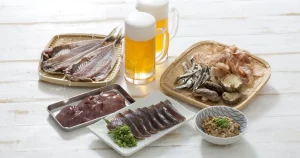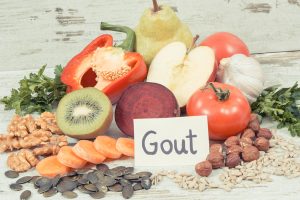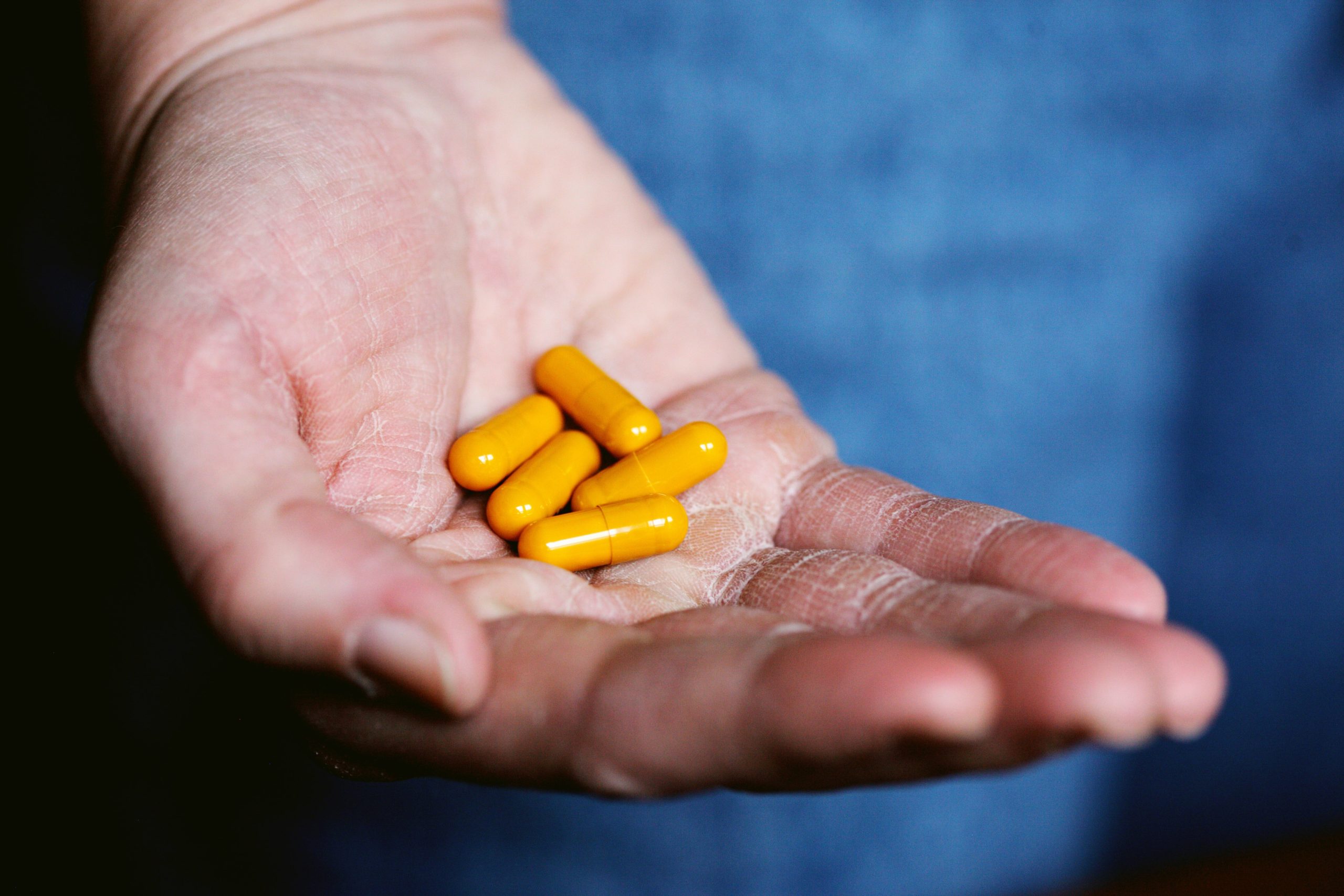Introduction
Gout, a form of inflammatory arthritis, has long been associated with rich foods, excessive alcohol consumption, and a sedentary lifestyle. However, recent research suggests that the role of diet in gout development is more nuanced than previously thought. This article delves into the intricate relationship between diet and gout, exploring how certain dietary choices can either exacerbate or alleviate gout symptoms. Explore More About Health Problems And Their Solutions (Healthy Gums With Vitamin C)
Understanding Gout: A Brief Overview
Before delving into the specifics of diet and its impact on gout, it’s essential to understand the basics of this painful condition. Gout is characterized by sudden and severe attacks of pain, swelling, redness, and tenderness in the joints, often affecting the big toe. These flare-ups occur when urate crystals accumulate in the joints, leading to inflammation and intense discomfort.
The Role of Purines in Gout
Purines are natural compounds found in many foods and beverages. When the body breaks down purines, it produces uric acid. In individuals with gout, excessive uric acid levels can lead to the formation of urate crystals, triggering painful flare-ups. As such, purine-rich foods are often implicated in gout development and recurrence.
High-Purine Foods to Avoid
- Organ Meats: Liver, kidneys, and other organ meats are particularly high in purines and should be consumed sparingly by individuals prone to gout.
- Seafood: Certain types of seafood, such as anchovies, sardines, mussels, and scallops, are rich in purines and may exacerbate gout symptoms.
- Red Meat: Beef, pork, and lamb contain moderate to high levels of purines and should be consumed in moderation.

Moderation is Key
While it’s essential to limit purine-rich foods, complete avoidance is not necessary. Instead, focus on moderation and balance in your diet. Incorporating a variety of low-purine foods can help mitigate the risk of gout flare-ups while still enjoying a diverse and satisfying diet.
The Impact of Alcohol on Gout
Alcohol consumption has long been associated with gout, primarily due to its ability to increase uric acid levels in the body. Beer, in particular, is high in purines and can contribute to gout development. However, other forms of alcohol, such as wine and spirits, may also pose a risk, albeit to a lesser extent.
Guidelines for Alcohol Consumption
- Limit Intake: If you have gout or are at risk of developing it, it’s essential to limit alcohol consumption. Aim for no more than one drink per day for women and two drinks per day for men.
- Hydration is Key: Ensure adequate hydration when consuming alcohol, as dehydration can exacerbate gout symptoms.
The Role of Weight and Dietary Patterns
Beyond specific foods and beverages, overall dietary patterns and body weight can also influence gout risk and severity. Obesity is a known risk factor for gout, as excess body weight can lead to higher uric acid levels and increased pressure on the joints.
Embracing a Healthy Lifestyle
- Maintain a Healthy Weight: Aim for a healthy body weight through a balanced diet and regular exercise. Even modest weight loss can significantly reduce the risk of gout flare-ups.
- Follow a Balanced Diet: Emphasize whole grains, fruits, vegetables, and lean proteins in your diet while limiting processed foods, sugary beverages, and saturated fats.

The Importance of Hydration and Fluid Intake
Proper hydration is crucial for overall health and can also play a role in managing gout. Adequate fluid intake helps dilute uric acid in the bloodstream, making it easier for the body to excrete.
Tips for Staying Hydrated
- Drink Plenty of Water: Aim for at least eight glasses of water per day, more if you’re physically active or live in a hot climate.
- Limit Sugary Drinks: Avoid sugary sodas and fruit juices, as they can contribute to dehydration and exacerbate gout symptoms.
High-Purine Foods
| Food Category | High-Purine Foods | Moderation Options |
|---|---|---|
| Organ Meats | Liver, kidneys, sweetbreads | Consume sparingly |
| Seafood | Anchovies, sardines, mussels, scallops | Limit intake |
| Red Meat | Beef, pork, lamb | Choose lean cuts and limit |
| Alcohol | Beer, spirits, wine | Moderate consumption |
Conclusion
In conclusion, while diet plays a significant role in gout development and management, it’s essential to approach dietary changes holistically. Instead of focusing solely on avoiding high-purine foods, strive for a balanced diet, healthy weight, and adequate hydration. By making informed dietary choices and adopting a healthy lifestyle, individuals with gout can reduce the frequency and severity of flare-ups, improving their overall quality of life.









